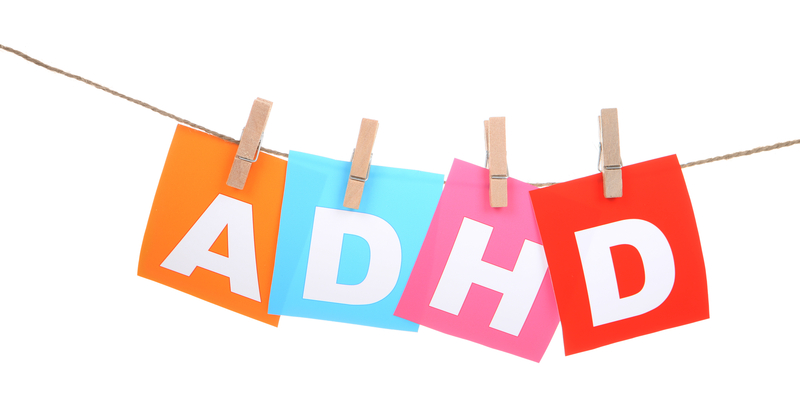
In a study published by the Children’s Hospital of Pittsburgh of UPMC in Pediatrics has shown that poverty can affect a child’s health in both physical and mental ways. We’ve long known that children from low income families have a higher risk of illness, chronic disease, lower birth weights and an average life expectancy almost a decade shorter than children from affluent families.
Doctors discovered low birth weight is connected to mental and physical health.
However, Pittsburgh’s study shows asthma and attention deficit/hyperactivity disorder (ADHD) as higher risks for children who come from poverty. In fact, asthma has risen 18% in recent years, while ADHD cases have skyrocketed by 44 percent. Financially disadvantaged children with asthma also had higher rates of learning issues, ADHD, and speech and language impairments. Meanwhile, those with ADHD had about two other conditions, with learning struggles, behavioral problems and depression or anxiety being the most widespread.
Key Takeaways:
Do You Need help with a Learning Difficulty?
Our simple online analysis will help you get to the core of the problem and find the right solution for you.
Understanding how to help someone with a learning difficulty starts with understanding which micro-skills are affected. When you learn which of the micro-skills is the problem, you will then be on your way to solving it.
You'll also learn how to:
- Build confidence
- Enhance Learning ability
- Eliminate avoidance
- Build grit
You can get this analysis for free by filling out this simple form. This will help you get to the bottom of a learning difficulty and provide you with a solution. If you are ready to put this problem behind you click the button below and fill out the form.










